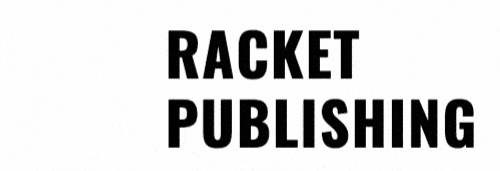Many things distinguish traditional publishing from both self- and hybrid publishing. The biggest is control.
Say that you’re a first-time author with a respectable following—or platform, in industry parlance. You are lucky enough to land a deal with Penguin, Wiley, Hachette, or the like. Congrats. You may reasonably expect to provide input into your forthcoming book’s :
- Cover.
- Interior design.
- Paper quality.
- Formats.
- Audiobook narrator.
- Release date.
- Price.
- Marketing and promotional efforts.
In some cases, you will. For example, rare is the publishing house that won’t give its authors the ability to review different covers. (Hell, I even got to select the accent colors and stock images on my two For Dummies titles.)
 Back to Reality
Back to Reality
In most cases, though, you won’t. The acquisitions editor will make these decisions for you—often without involving you at all or telling you at all. The term fait accompli comes to mind. The exception here proves the rule.
Back in 2015, I got Wiley to bump up the release date of Message Not Received by a few weeks to coincide with an upcoming keynote I scheduled at Cisco Systems. The company wanted 100 copies of my book—and the date was etched in stone. Absent that speaking gig, I guarantee you that the book’s pub date would have remained the same. The late Charlie Munger sagely said, “Show me the incentive and I will show you the outcome.”
Let that one digest for a few.
Say that you hate the publisher’s ugly or uninspired cover options. Maybe you think the book is far too costly. Tough noogies. Reread your contract. You’ve got zero recourse. (Yes, that situation describes one of my early titles.)
A Better Way
Against this backdrop, it should surprise exactly no one that hybrid publishing is taking off. On each of the elements listed above, the author not only can provide input, but can pretty much do whatever she wants. Make no mistake: The author is driving the bus.
Here are but a few examples:
- Think that $99.99 is a fair price for your ebook? It’s a mistake, but have at it.
- Want to select your audiobook’s narrator? Go for it.
- Is an aggressive pub date the only thing you’ll accept? No one is standing in your way.
- Looking to get the best possible paper? Nothing’s stopping you.
- Interested in doing something exotic with the cover, like embossing or foil stamping? The world is your oyster, although you’ll have to find printing and distribution options beyond Amazon and IngramSpark.
When you hate the cover options and think that the book is far too costly, you’ve got zero recourse.
Of course, just because you can doesn’t mean you should.
What Authors Can Learn From Accountants and Payroll Managers
What You Need to Know
Making all of these decisions isn’t exactly rocket surgery, but trust me. Mistakes abound. (I’ve made my fair share of them early in my writing and publishing career.)
Find someone knowledgeable. Someone with battle scars. It’s far better to spend a few bucks early on than a boatload of cash later.



0 Comments